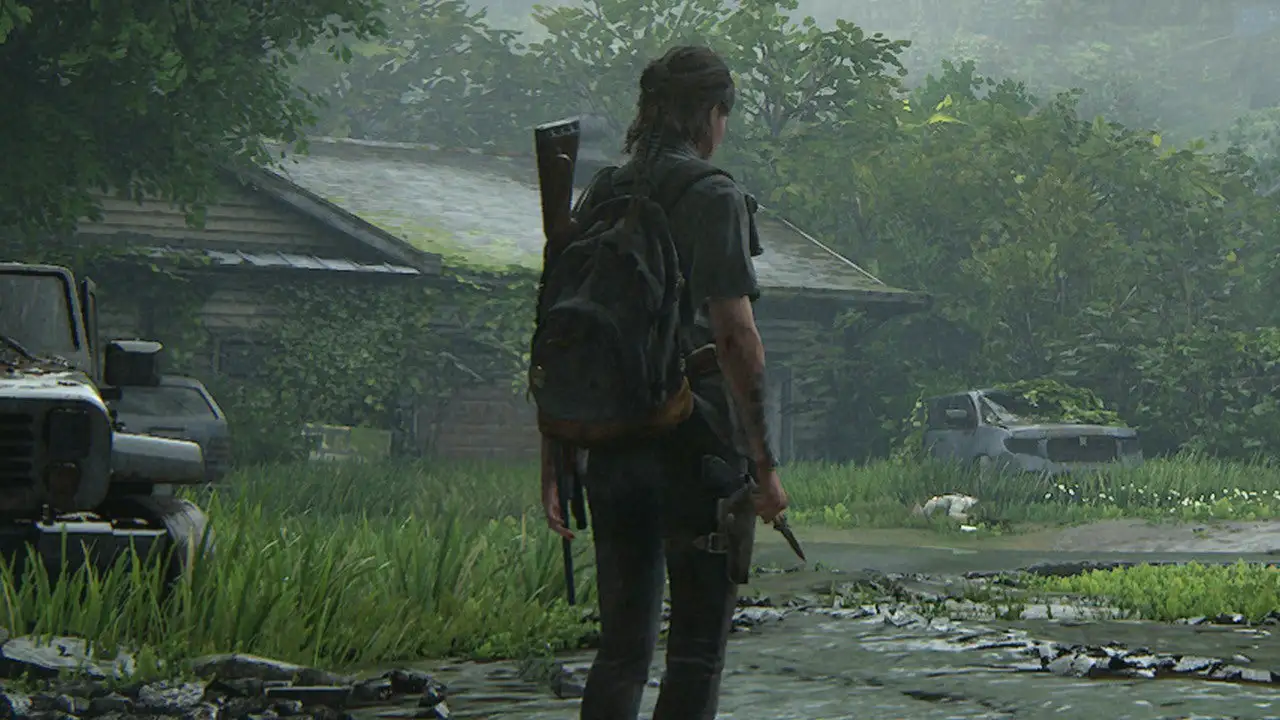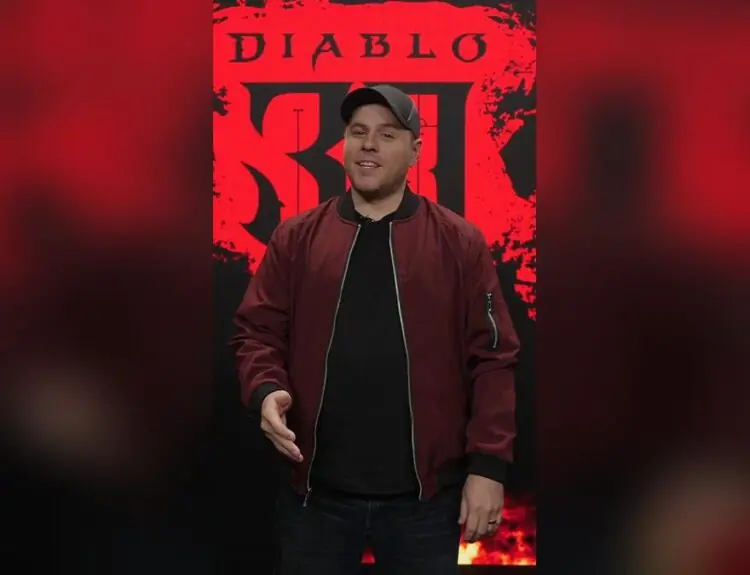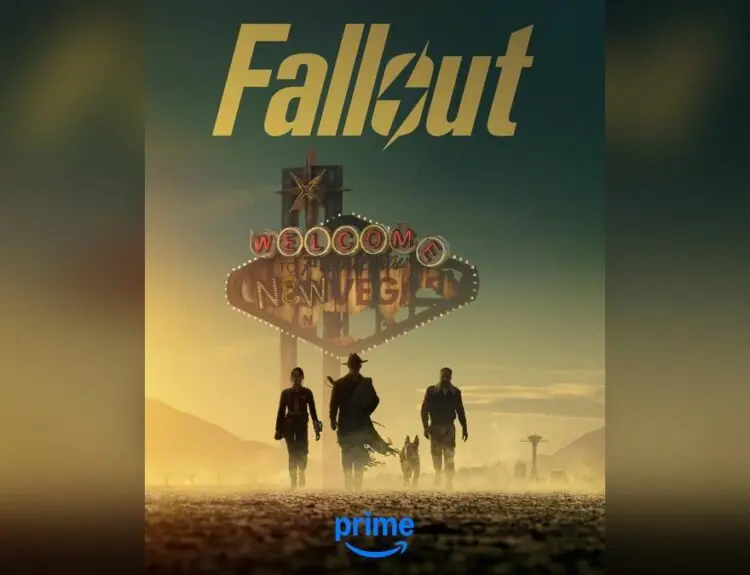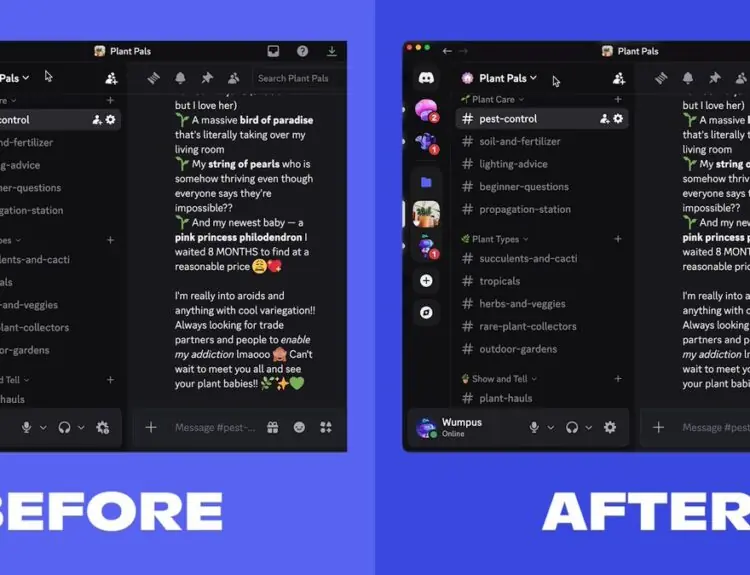Crunch culture is a term that is unique to the video game industry. It is a workplace environment that pushes employees to work super long and grueling hours in an attempt to finish a game faster.
Video game fans are always pushing for the next big release and meeting those demands can place a lot of pressure on a studio. The Last of Us Part 2 is one of the most anticipated sequels of the modern gaming era, so it stands to reason that Naughty Dog might have been pushing their employees a little too hard.
Crunch culture is not a new concept in the gaming world, but it is severely frowned upon in today’s environment. One of the most infamous cases of crunch culture to come under fire by the media was RockStar Games while they were developing Red Dead Redemption 2.
Reportedly, developers at Rockstar were working more than 100 hours per week on that game, getting it ready to meet the announced release date.
Those who defend crunch culture actually point to Red Dead Redemption 2’s stellar commercial and critical performance in defense of the practice.
As it pertains to Naughty Dog, reports have stated that the company has been leaning hard into crunch culture policies for several recent releases, most notably The Last of Us Part 2.
It becomes one of those situations where an employee who genuinely likes their job feels pressured by their otherwise popular employer to put in longer hours. According to these reports, the company isn’t outright telling developers to put in overtime, but it is implied through subtext.
“The implication is get the job done at all costs,” a former developer was quoted as saying. However, the studio also provides food for workers and encourages their hard work.
The crunch culture of Naughty Dog reportedly has bled into their hiring practices. Reports state that they specifically seek out perfectionist personalities that would have no issue putting in long hours if it means the job is done well and on time.
The life cycle of a crunch culture employee, according to these sources, is that they work hard on a major title until it comes out and scores well. That score then generates large bonuses for the team. When the bonus comes in, they resign and seek employment elsewhere. Then, the studio starts the search for junior developers all over again.
Results don’t lie, and with games like Red Dead Redemption 2 generating massive profits, it is unlikely that we’re going to see an end to Crunch Culture anytime soon, despite media and fan pressure.







